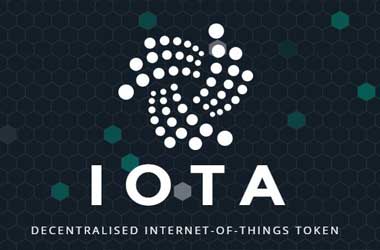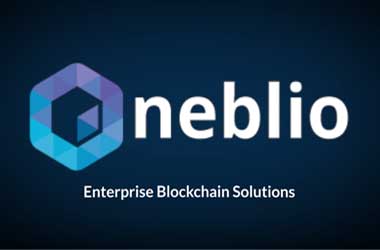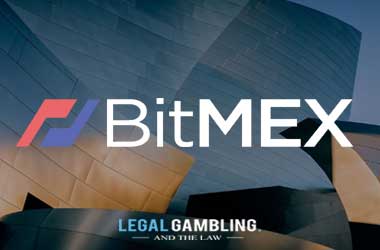 On February 15, we had mentioned that IOTA (IOT) is one of the companies, which has been shortlisted by the Swedish Central bank, Riksbank, for building e-krona. Yesterday, IOTA has tweeted that it may get selected to collaborate with Riksbank to create the country’s national cryptocurrency. IOTA has also mentioned the central bank has specifically stated the concerns which need to be addressed by e-krona. However, more details were not divulged by IOTA.
On February 15, we had mentioned that IOTA (IOT) is one of the companies, which has been shortlisted by the Swedish Central bank, Riksbank, for building e-krona. Yesterday, IOTA has tweeted that it may get selected to collaborate with Riksbank to create the country’s national cryptocurrency. IOTA has also mentioned the central bank has specifically stated the concerns which need to be addressed by e-krona. However, more details were not divulged by IOTA.
Earlier in February, Eva Julin, the project leader of e-crown, revealed that the central bank had negotiations last autumn with 19 software companies which had expressed interest to take part in the project. After studying the proposals of 40 companies, Riksbank had filtered it down to 19. IOTA, IBM, and Ericsson are the prominent companies in the filtered list. Riksbank is yet to officially confirm the decision to work with IOTA in the national cryptocurrency project.
So, investors should take the tweet only as an indication and not as a confirmation.
#Sweden may be among one of the first countries to implement a national #cryptocurrency with #IOTA. But before the Nordic nation goes full cashless, the riksbank stressed several issues that a national #cryptocurrency would have to address! #Fintech @DomSchiener @DavidSonstebo pic.twitter.com/xNH1UKAim8
— IOTA News (@iotatokennews) March 31, 2018
Riksbank presented a document in mid-March, arguing why cryptocurrencies such as Bitcoin cannot be considered as money. The document, however, explains how e-krona would differ from other crypto currencies.
How e-krona would differ from other cryptocurrencies
Developments on the payments market, in particular the decline in the use of cash in Sweden, have led the Riksbank to investigate the possibility of issuing an electronic currency, a so-called e-krona. e-krona would be issued by the Riksbank, which is a government authority. The e-krona would therefore be a claim on the Swedish state. This is very different from a crypto-asset, which is created by a decentralised network and not maintained through a legal obligation but through the users’ profit motives and trust in the underlying protocol for the crypto-asset.
The Riksbank’s e-krona would have an official guarantor of its value, at the same time as there would not be any legal confusion regarding its status. Also, the e-krona would be expressed in SEK. The e-krona would not be a currency of its own. This means that it would also be included in the Riksbank’s legal obligation to strive to attain an inflation target and thereby a stable development in purchasing power.
A fundamental principle for the crypto-assets is that no one can be entrusted with this responsibility. The purchasing power of the crypto-assets is to a larger degree determined by supply and demand. The Riksbank would have responsibility for the e-krona’s underlying infrastructure. The way that transactions with an e-krona would be priced has not yet been determined, but for a central bank it is essential that any fee would not vary beyond control.
The reason for this is that the central bank’s obligation to maintain an efficient payment system would not then be met.The decisive difference in relation to crypto-assets is that the e-krona would be issued by a state and managed by the Riksbank in a way that guarantees that it would function as an efficient means of payment. In other words, the e-krona would not only fulfil the three basic functions, it would also meet the condition of being a legal creation issued by a state.

 United States
United States United Kingdom
United Kingdom















